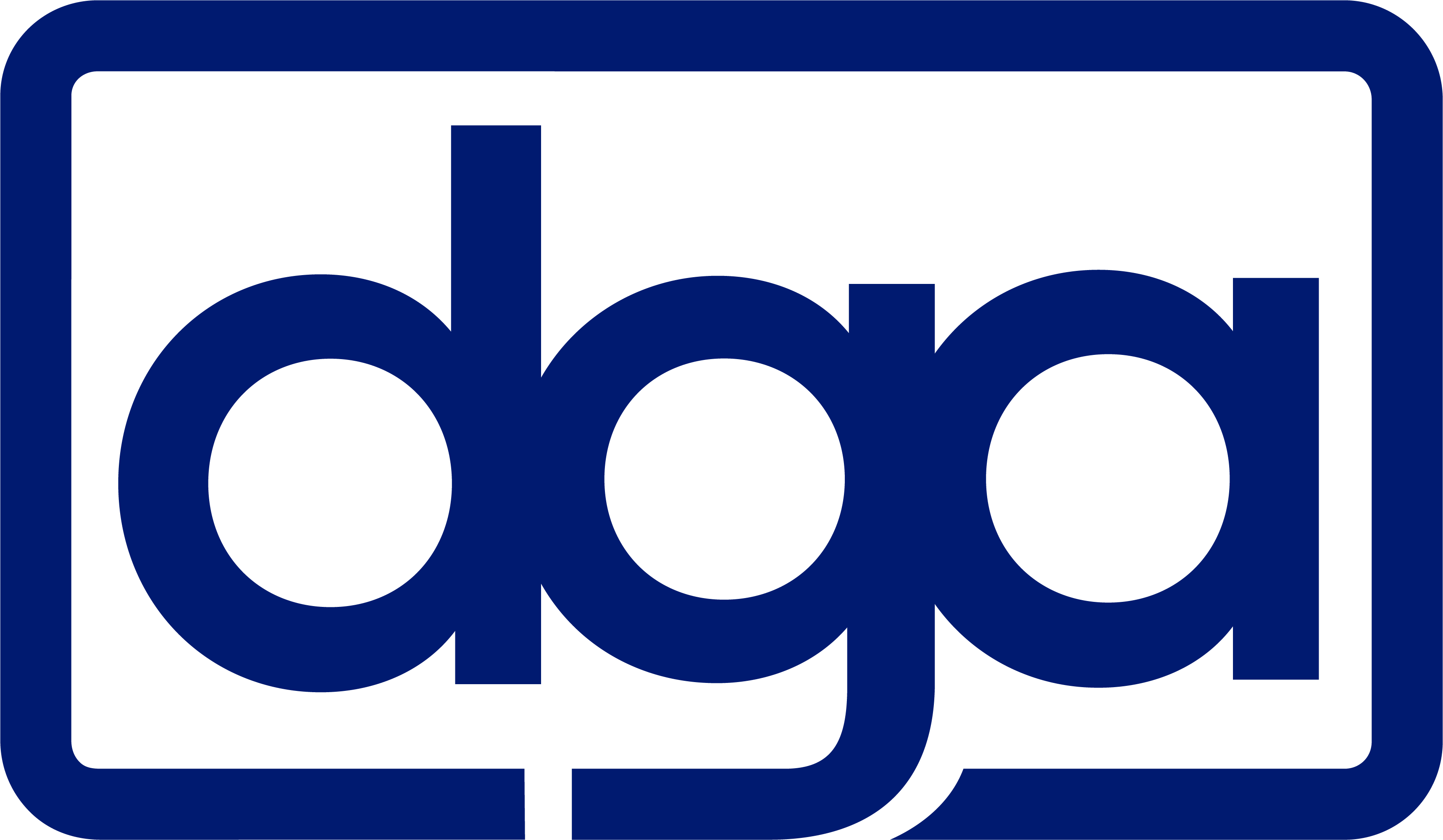
Chip in today to elect Dem govs >>
Democratic governors are leading in the fight against Donald Trump. With our two historic victories in Virginia and New Jersey, grassroots momentum is on our side! But next year, nearly 80% of the country is voting for a governor – and with Republicans already investing to beat Dem govs, early support has never been so critical. Will you donate to elect more Democratic governors who will defend our rights and freedoms and stand up to Trump?
A Conversation with Maryland Gov. Martin O'Malley
Governing sat down with Maryland Gov. Martin O’Malley at the Democratic National Convention in Charlotte, N.C., last week. Here are excerpts from that conversation.
Why do governors matter for a party?
Governors matter because, look, we are the United States. There are 50 states that make this great union, and our country only moves forward when our states are also moving forward. The leadership the Democratic governors believes this is not ideological. It’s very pragmatic and it’s very practical. We believe in doing the things that work in order to create jobs and expand opportunity, and we believe in doing those things right now, however tough those decisions might be.
How realistic do you think it is that the Democrats could retake a majority of the governor’s seats in 2014?
We’re on a drive to 25 by 2014. I think we have a very realistic shot about that. The Democratic Governors Association every year has become stronger and more effective as an organization.
Are there a couple Democratic governors who you would point to as rising stars, the future of the party?
Sure, look at how effective Brian Schweitzer was in his eight years in Montana. It’s a tough state for Democrats, yet Steve Bullock has the ability to continue to move Montana forward because Brian Schweitzer delivered results.
In Colorado, you see a governor who used to be a mayor who speaks in a very candid, pragmatic way, and who believes that government should deliver results and be entrepreneurial and not ideological. That’s John Hickenlooper, who has a background as a business owner.
Look at Pete Shumlin in Vermont. He drives the ideological Republican governors crazy at National Governors Association meetings, because he begins every statement by saying, “I approach this from a pragmatic standpoint, because I was a small business owner, and I want to do the things that work.”
You look at Jay Nixon, who has led Missouri forward with courage and compassion, and who is an example for all Democratic governors to emulate, after he led his people through the tornado that damaged so many lives. So we have a lot of strong governors in our association.
Looking at the 2012 races, is there a sleeper race out there?
I would keep an eye on Indiana. John Gregg is from the southern part of Indiana. He is a person who not only understands how government works, but more importantly, he speaks very directly about coming together to accomplish results. He’s running against probably the biggest ideologue in Congressman Mike Pence — a total right-wing ideologue.
I think Hoosiers have seen the Republican Party turn on Richard Lugar, a good and decent moderate man of the party of Lincoln. I think some Hoosiers, when the election gets closer, are going to give John Gregg a very, very serious look, because he’s not an ideologue. He’s a practical, plainspoken, hard-working man, and he’s running against one of the biggest ideologues in the Republican field.
As far as your own governorship of the state, what have you learned from your tenure so far?
If there’s anything I’ve learned from these years as a governor is that there is no progress without jobs, and the top priority of every governor should be job creation. It’s crucial to look at every decision — every budget decision, every tax and revenue decision — in terms of how that will impact your state’s ability to create jobs and expand opportunity. Everything else we hope to accomplish depends on fuller and higher employment.
In Maryland, we have the highest median income in the country, but we have not been immune from this downturn. Unlike other states in this recession, instead of dismantling our government, we actually invested more in public education, and we were named the No. 1 public school system in America four years in a row. That never happened before, even in easier times.
Instead of increasing college tuition, we froze it for four years in a row — not with pixie dust or a magic wand or some trickle-down fairy tale. We did it by investing more in our state colleges and universities, so more families could afford to send their children to college. We’ve invested more rather than less in school construction and clean water infrastructure, all the while maintaining a AAA bond rating.
We’ve now recovered 70 percent of the jobs we lost in the Bush recession. Steady progress. Last calendar year, our rate of job creation was ninth among the 50 states. We understand progress is a choice. Job creation is a choice, whether you move forward or whether you move back. These things are choices. That’s what self-governance is all about, making better choices for our kids.

